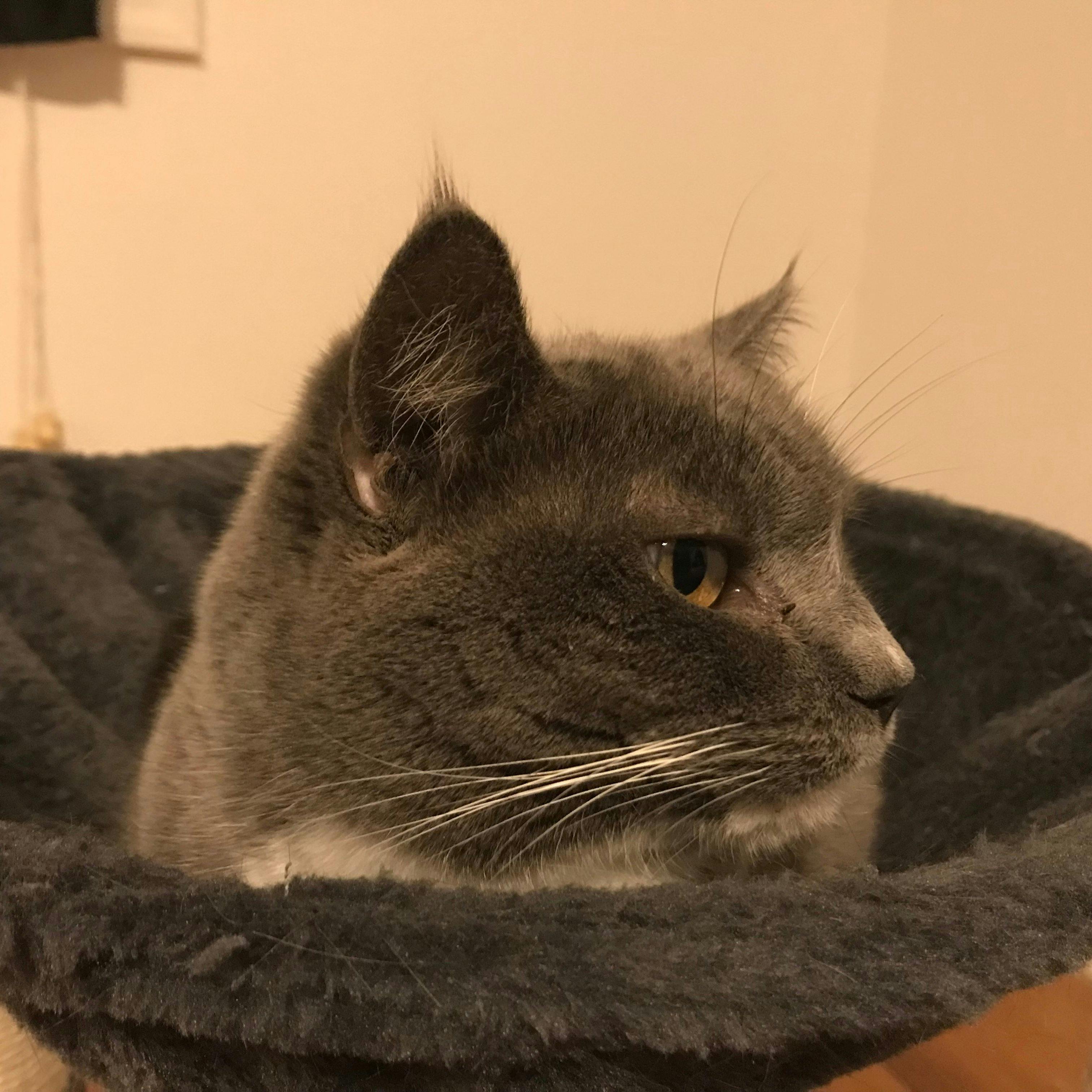Book Review: "The Black Swan", by Nassim Nicholas Taleb
The Incerto Series:
In 400 or so pages, Professor Taleb shatters your worldview and rebuilds it with "The Black Swan", or a book describing the significant impact of highly improbable events. The timing couldn't be better, as the coronavirus pandemic and the subsequent economic cratering is quite the black swan. Just take a look at the trend lines for recent initial jobless claims:
There's two spikes next to each other. One spike is 3 million claims two weeks ago, which shattered the previous record shattered sometime in the 1980s. That week was then shattered by last week which was around 6 million claims. The previous record was <700,000 back in the 1980s.
Two things I learned from reading this book were:
-
Beware the Ludic fallacy. Your probability of your ability to weigh probabilities may be flawed. Professor Taleb brings up the story of Fat Tony (street smart) and Dr. John (book smart). When asked what the probability of a coin landing tails up if it landed on heads 49 times already, Dr. John immediately exclaimed "50%" because probabilities are separate from each other, while Fat Tony said "<1%" because he assumes the coin is rigged to land heads. Dr. John used a probability model that would completely break if the (unspoken) assumption of a fair game was relaxed. Don't be like Dr. John. Be like Fat Tony, and apply credibility factors to your assumptions.
On a similar note, anytime you see a Gaussian model, especially one that changes completely after adding one more parameter, run. Nothing in the real world depends on only two parameters.
-
The more you know, the more blind you become. The turkey raised for 1,000 days on grains and eats out of the farmer's hand is wholly unprepared for the 1,001st day when the farmer slaughters and roasts it for Thanksgiving. Yet if you used the prior 1,000 days to project what would happen on the 1,001st day, ending up on a dinner plate wouldn't even be on your radar. You can't reason how inevitable a situation is from prior information, same as you can't reason what shape an ice cube was before melting into a puddle.
It also demonstrates the power of information asymmetry. Thanksgiving is a Black Swan to the turkey. It is a holiday to the farmer.
Three things I took away were:
-
Build in redundancy towards any actions you take. This might be keeping computer backups and practicing a 3-2-1 backup strategy. It might be exploring how to gain additional streams of income or information. It could be living a healthy life even if you have "good genes". It could even be storing and reserving food (or toilet paper) during times of plenty, so you can prepare during times of famine.
-
Use the barbell strategy to plan against Black Swans: Use a hyper-passive strategy coupled with a hyper-aggressive strategy in order to protect against the downsides of Black Swans, while still taking advantage of the Black Swans that might benefit you. A financial barbell strategy might look like dollar reserves and U.S. Treasuries (or gold bars under your bed), and investing in biotech ventures or tech companies.
As a counterexample, I sold my stake in Zoom and kept my stake in AT&T some months before this recession as a form of safety and stability. With the ongoing pandemic, 33% of cable subscribers would unsubscribe if there were no sports on TV. This might permanently crater AT&T's market capitalization due to losses in the recent DIRECTV acquisition. Meanwhile, Zoom doubled during the pandemic because everybody needs to work at home and their video teleconferencing platform is top-notch. Don't be like me.
-
The more you rely on universal truths, the safer you'll be. I very much trust hard sciences like physics, because each theory builds on the prior one and Black Swan events in physics (i.e. general relativity) are relatively rare. I would trust but verify complex and opaque topics like modern medicine (which may prove iatrogenic, or harms more than helps) or my own background of computer engineering (which I've learned is getting rocks to think, a tricky proposition).
Despite an amateur background in economics, I don't trust the vast majority of economists and produced economic theory at all, due to wildly differing models that quickly get invalidated (an indication of overfitting). In those situations, I prefer the simplest approach I agree with, which right now is John Maynard Keynes (pay people to dig holes and pay other people to fill them up).
